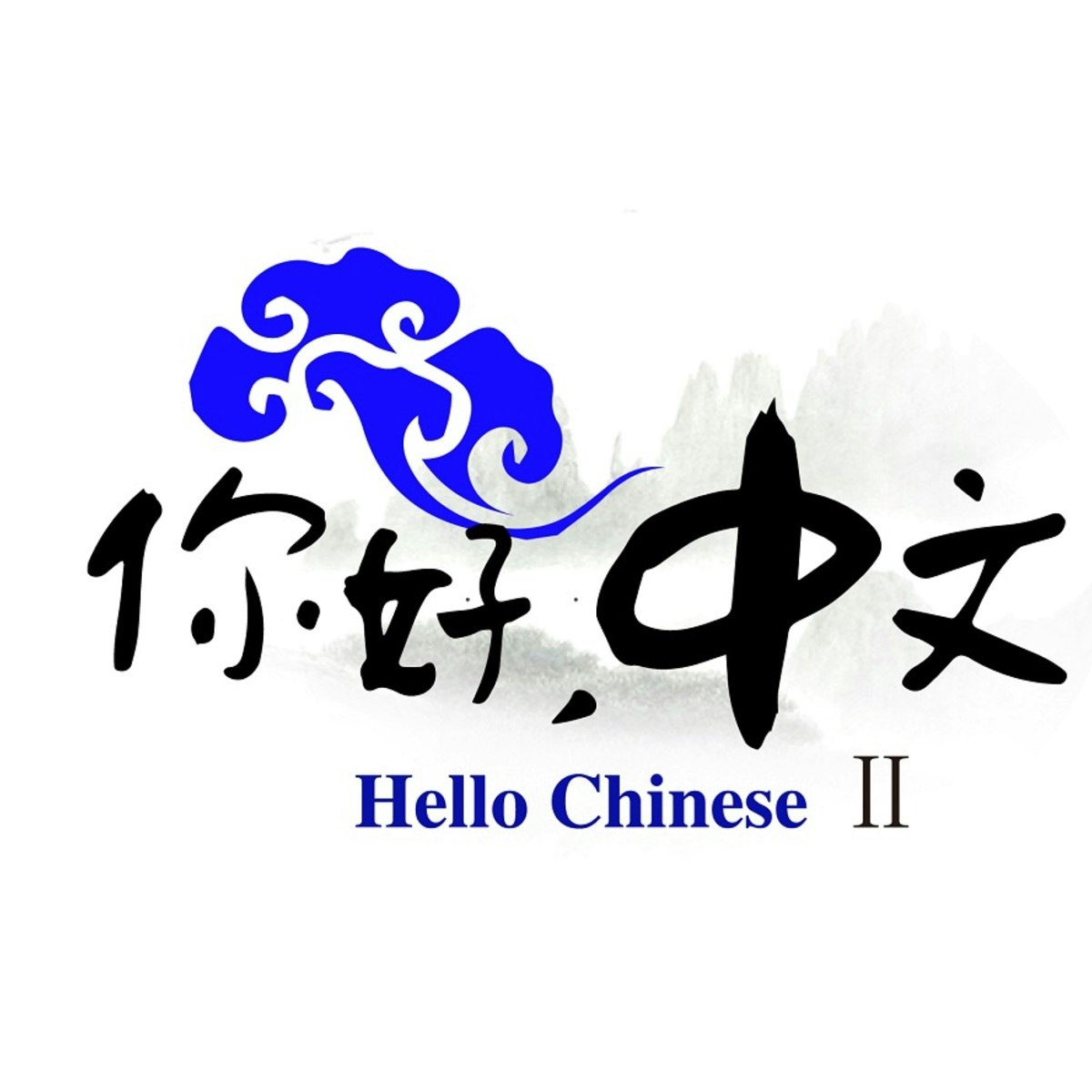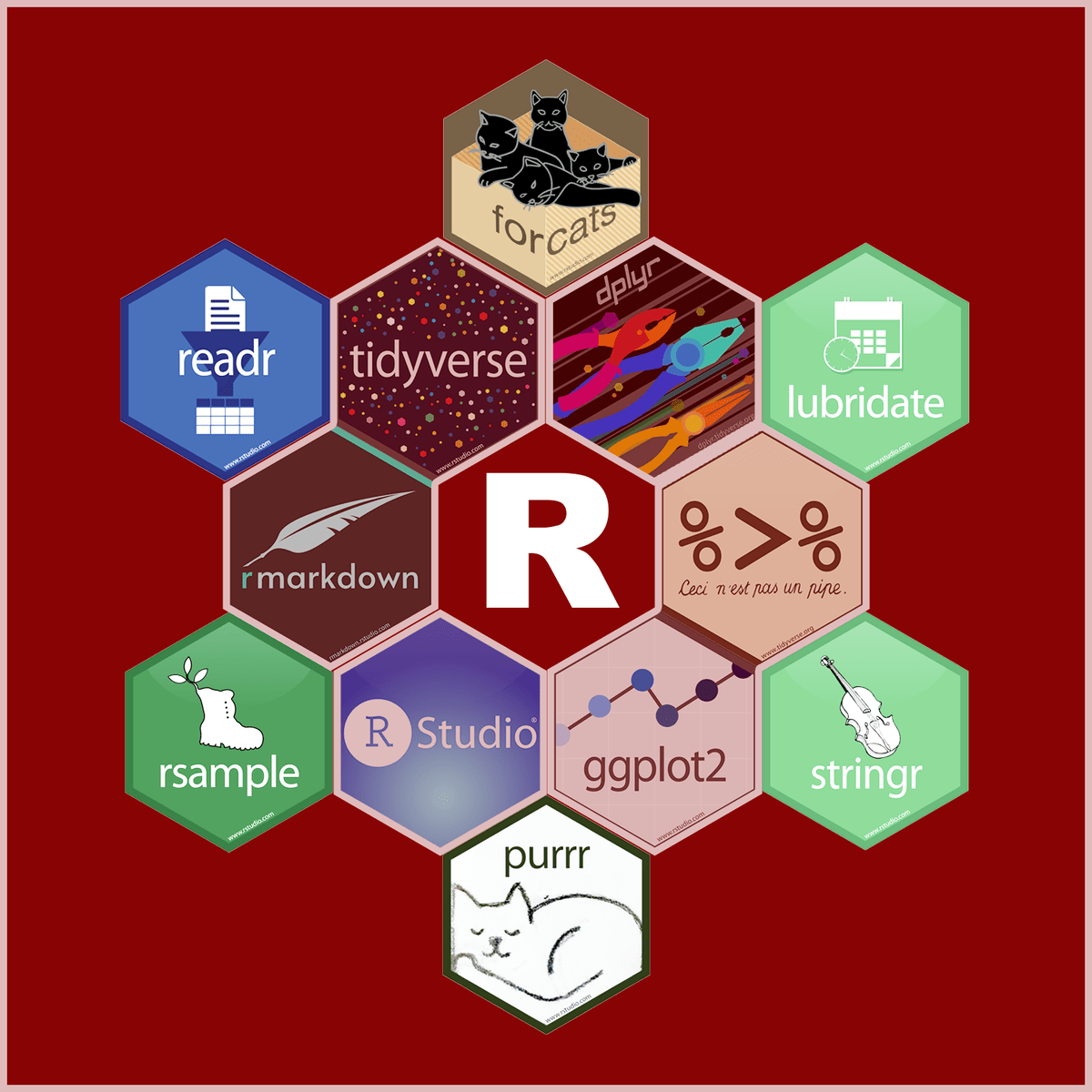Back to Courses









Language Learning Courses - Page 12
Showing results 111-120 of 153

English for Common Interactions in the Workplace: Basic Level
In a professional environment, we’re often faced with the need to respond appropriately according to what the situation calls for, whether it be related to situations in daily life or the workplace.
This course was designed to provide the worker with linguistic tools which will enable greater ease in basic communications in the workplace. This way, the student will be able to broaden their lexical and grammatical repertoire in English, thus increasing their professional value and skill, and contributing to not only professional but also social mobility.
The methodology of self-guided instruction will allow the student to manage their own study time, so that they can integrate coursework with the daily demands of their professional life at a rhythm adequate for their own learning process. More importantly, the course is held online, distributed massively, and accessible anywhere in the world through Coursera.
En el contexto laboral frecuentemente enfrentamos la necesidad de interactuar de manera adecuada según la situación comunicativa lo amerite, ya sea, reaccionando a situaciones de la vida cotidiana o bien en el lugar de trabajo.
Este curso fue diseñado para proporcionar al trabajador herramientas lingüísticas que permitan facilitar interacciones básicas comunes en el lugar de trabajo. De este modo, el estudiante podrá ampliar su inventario léxico y gramatical en el idioma inglés, aumentando así su valor profesional y su competencia laboral, contribuyendo no solo movilidad laboral sino que también social.
La metodología auto-instruccional permitirá al estudiante gestionar su propio tiempo de estudio y podrá compatibilizarlo con las exigencias diarias del trabajo, a un ritmo que se adecúe a su proceso de aprendizaje individual. Aún más importante, el curso se dicta en modalidad online, en formato masivo, accesible en distintos lugares del mundo a través de la web de Coursera.
This course’s objective is that students be able to utilize basic-level grammatical and lexical structures (CFER level A2) which will enable basic interactions common to the workplace in English.
Este curso tiene como objetivo que los alumnos sean capaces de emplear estructuras gramaticales y léxico propios del nivel básico (MCER A2) que permitan facilitar interacciones básicas que son comunes en el lugar del trabajo en inglés.
Course contents / Contenidos del curso:
Module 1: Everyday Language on the Job
• Grammar: present simple to be affirmative, negative question structure, all persons.
• Vocabulary: professions / nationalities.
• Indefinite article: a/an.
• Expressions used when introducing yourself.
• Grammar: present simple (I, you, he/she/it, we -- affirmative & negative).
• Vocabulary: work routine verbs.
• Review of adverbs of frequency.
• Times of the day: In the morning /in the afternoon/ at night.
Module 2: Making Phone Calls
• Grammar: present simple (I, you, he/she/it, we --- questions and short answers).
• Vocabulary: telephoning expressions.
• Grammar: making suggestions
• Vocabulary: numbers/dates
• Dates in British English and American English
Module 3: Preparing for meeting
• Grammar: Going To.
• Vocabulary: Flash Review of Cardinal Numbers 1-60.
• Telling time.
• Grammar: There is / There are
• Prepositions of place
• Vocabulary: Places around town
Module 4: Post-meeting etiquette
• Grammar: Past Simple (To Be).
• Use of Past Tense of go with good/bad.
• Vocabulary: Descriptive Adjectives (it was ...).
• Grammar: Past Simple (regular verbs)
• Vocabulary: Correspondence Verbs (w. common phrasal verbs)

English for Effective Business Communications
In this course, we will delve into some business topics that illustrate how all company departments and teams need to work together to be successful. We will have some interesting topics learning vocabulary and ideas about human resources, management, and marketing. All of these departments need to work well together to avoid confusion and to be productive and efficient. We will also cover the very important topic of balancing our work tasks and our life outside of work. You will also learn about the language skills of passive voice, non-count nouns, making recommendations, and using dates and numbers in business situations.

Mandarin Chinese for Intermediate Learners: Part 2
"Mandarin Chinese 2: Chinese for Intermediate Learners" is the second course of the MOOC specialization "Learn Intermediate Mandarin Chinese" created by Shanghai Jiao Tong University.

Just Reading and Writing English 1
Do you want to communicate with English speakers fluently? Welcome to our course. The course consists of 6 units with different topics: feelings, staying healthy, learning, university, cultural differences, and cities. From this course, you will have a good knowledge of primary English reading and writing skills in your daily life. We invite you to learn with our teachers and friends from different countries in the videos, such as the United States, the United Kingdom, Ireland, Canada, Australia, and Columbia. Are you ready? Let’s go!

TOEFL Reading and Listening Sections Skills Mastery
This course prepares non-native speakers of English to take the reading and listening sections of the TOEFL iBT exam. This course takes a close look at every type of listening and reading question that you may encounter on the test and provides effective strategies for tackling each type. Expanding your vocabulary, a critical part of improving your overall skills in English, is another focal point of this course.
This course also teaches how to best practice and prepare for test day as well as how to manage your time and perform optimally during the exam. With plenty of practice, you will know exactly what to expect when you take the actual test, reducing anxiety and boosting your confidence. Join this course and give yourself the best chance to reach your target scores on the reading and listening sections of the TOEFL iBT.

Data Analysis with Tidyverse
This course continues our gentle introduction to programming in R designed for 3 types of learners. It will be right for you, if:
• you want to do data analysis but don’t know programming
• you know programming but aren’t too familiar with R
• you know some R programming but want to learn more about the tidyverse verbs
It is best taken following the first course in the specialization or if you already are familiar with ggplot, RMarkdown, and basic function writing in R. You will use learn to use readr to read in your data, dplyr to analyze your data, and stringr and forcats to manipulate strings and factors.

Perfect Tenses and Modals
This is the first course in the Learn English: Intermediate Grammar specialization. In this course, you will learn about important intermediate verb tenses, including present perfect, present perfect progressive, past perfect, and past perfect progressive. You will also learn about common modal verbs used in English. This course is designed for learners who have a basic understanding of English grammar but who want to learn more and improve their skills for everyday speaking or writing, as well as for academics. It will be a fun class with lots of entertaining and informative video lectures.

English for Developing a Business
This course will help you learn English vocabulary related to topics of business leadership and organization. The lessons on business communication and working globally present you with some phrases and skills for interacting in business environments. This is important for your business success in English. We will also talk about important language skills such as small talk, gerunds, word forms, and comparatives. Becoming familiar with these topics and skills in English will help you as you progress on your pathway in business.

Low Intermediate English: Technology
Living in the digital age means not only having a lot of technology, but talking about it a lot too. In this course, we’re going to focus on the technology and devices that we use in our daily lives. Learning activities in this course will take place on Voxy, an engaging language learning platform that automatically adapts to your current level and your performance across reading, listening, speaking, grammar, and vocabulary skills so that every lesson is optimized for rapid improvement.
Each week is made up of engaging, short, task-based lessons that can be done anywhere, anytime. Lessons include content from the real world, so you will learn from real conversations and emails between friends and colleagues exchanging information and assistance. By the end of the course, you should feel pretty comfortable discussing technology with friends and colleagues alike!
Greek and Roman Mythology
Myths are traditional stories that have endured over a long time. Some of them have to do with events of great importance, such as the founding of a nation. Others tell the stories of great heroes and heroines and their exploits and courage in the face of adversity. Still others are simple tales about otherwise unremarkable people who get into trouble or do some great deed. What are we to make of all these tales, and why do people seem to like to hear them? This course will focus on the myths of ancient Greece and Rome, as a way of exploring the nature of myth and the function it plays for individuals, societies, and nations. We will also pay some attention to the way the Greeks and Romans themselves understood their own myths. Are myths subtle codes that contain some universal truth? Are they a window on the deep recesses of a particular culture? Are they a set of blinders that all of us wear, though we do not realize it? Or are they just entertaining stories that people like to tell over and over? This course will investigate these questions through a variety of topics, including the creation of the universe, the relationship between gods and mortals, human nature, religion, the family, sex, love, madness, and death.
***********************************************************************************************************
COURSE SCHEDULE
• Week 1: Introduction
Welcome to Greek and Roman Mythology! This first week we’ll introduce the class, paying attention to how the course itself works. We’ll also begin to think about the topic at hand: myth! How can we begin to define "myth"? How does myth work? What have ancient and modern theorists, philosophers, and other thinkers had to say about myth? This week we’ll also begin our foray into Homer’s world, with an eye to how we can best approach epic poetry.
Readings: No texts this week, but it would be a good idea to get started on next week's reading to get ahead of the game.
Video Lectures: 1.1-1.7
Quiz: Complete the quiz by the end of the week.
• Week 2: Becoming a Hero
In week 2, we begin our intensive study of myth through Homer’s epic poem, the Odyssey. This core text not only gives us an exciting story to appreciate on its own merits but also offers us a kind of laboratory where we can investigate myth using different theoretical approaches. This week we focus on the young Telemachus’ tour as he begins to come of age; we also accompany his father Odysseus as he journeys homeward after the Trojan War. Along the way, we’ll examine questions of heroism, relationships between gods and mortals, family dynamics, and the Homeric values of hospitality and resourcefulness.
Readings: Homer, Odyssey, books 1-8
Video Lectures: 2.1-2.10
Quiz: Complete the quiz by the end of the week.
• Week 3: Adventures Out and Back
This week we’ll follow the exciting peregrinations of Odysseus, "man of twists and turns," over sea and land. The hero’s journeys abroad and as he re-enters his homeland are fraught with perils. This portion of the Odyssey features unforgettable monsters and exotic witches; we also follow Odysseus into the Underworld, where he meets shades of comrades and relatives. Here we encounter some of the best-known stories to survive from all of ancient myth.
Readings: Homer, Odyssey, books 9-16
Video Lectures: 3.1-3.10
Quiz: Complete the quiz by the end of the week.
• Week 4: Identity and Signs
As he makes his way closer and closer to re-taking his place on Ithaca and with his family, a disguised Odysseus must use all his resources to regain his kingdom. We’ll see many examples of reunion as Odysseus carefully begins to reveal his identity to various members of his household—his servants, his dog, his son, and finally, his wife Penelope—while also scheming against those who have usurped his place.
Readings: Homer, Odyssey, books 17-24
Video Lectures: 4.1-4.8
Quiz: Complete the quiz by the end of the week.
• Week 5: Gods and Humans
We will take a close look at the most authoritative story on the origin of the cosmos from Greek antiquity: Hesiod’s Theogony. Hesiod was generally considered the only poet who could rival Homer. The Theogony, or "birth of the gods," tells of an older order of gods, before Zeus, who were driven by powerful passions—and strange appetites! This poem presents the beginning of the world as a time of fierce struggle and violence as the universe begins to take shape, and order, out of chaos.
Readings: Hesiod, Theogony *(the Works and Days is NOT required for the course)*
Video Lectures: 5.1-5.9
Quiz: Complete the quiz by the end of the week.
• Week 6: Ritual and Religion
This week’s readings give us a chance to look closely at Greek religion in its various guises. Myth, of course, forms one important aspect of religion, but so does ritual. How ancient myths and rituals interact teaches us a lot about both of these powerful cultural forms. We will read two of the greatest hymns to Olympian deities that tell up-close-and-personal stories about the gods while providing intricate descriptions of the rituals they like us humans to perform.
Readings: Homeric Hymn to Apollo; Homeric Hymn to Demeter (there are two hymns to each that survive, only the LONGER Hymn to Apollo and the LONGER Hymn to Demeter are required for the course)
Video Lectures: 6.1-6.7
Quiz: Complete the quiz by the end of the week.
• Week 7: Justice
What counts as a just action, and what counts as an unjust one? Who gets to decide? These are trickier questions than some will have us think. This unit looks at one of the most famously thorny issues of justice in all of the ancient world. In Aeschylus’ Oresteia—the only surviving example of tragedy in its original trilogy form—we hear the story of Agamemnon’s return home after the Trojan War. Unlike Odysseus’ eventual joyful reunion with his wife and children, this hero is betrayed by those he considered closest to him. This family's cycle of revenge, of which this story is but one episode, carries questions of justice and competing loyalties well beyond Agamemnon’s immediate family, eventually ending up on the Athenian Acropolis itself.
Readings: Aeschylus, Agamemnon; Aeschylus, Eumenides
Video Lectures: 7.1-7.10
Quiz: Complete the quiz by the end of the week.
• Week 8: Unstable Selves
This week we encounter two famous tragedies, both set at Thebes, that center on questions of guilt and identity: Sophocles’ Oedipus Rex and Eurpides’ Bacchae. Oedipus is confident that he can escape the unthinkable fate that was foretold by the Delphic oracle; we watch as he eventually realizes the horror of what he has done. With Odysseus, we saw how a great hero can re-build his identity after struggles, while Oedipus shows us how our identities can dissolve before our very eyes. The myth of Oedipus is one of transgressions—intentional and unintentional—and about the limits of human knowledge. In Euripides’ Bacchae, the identity of gods and mortals is under scrutiny. Here, Dionysus, the god of wine and of tragedy, and also madness, appears as a character on stage. Through the dissolution of Pentheus, we see the terrible consequences that can occur when a god’s divinity is not properly acknowledged.
Readings: Sophocles, Oedipus Rex; Euripides, Bacchae
Video Lectures: 8.1-8.9
Quiz: Complete the quiz by the end of the week.
• Week 9: The Roman Hero, Remade
Moving ahead several centuries, we jump into a different part of the Mediterranean to let the Romans give us their take on myth. Although many poets tried to rewrite Homer for their own times, no one succeeded quite like Vergil. His epic poem, the Aeneid, chronicles a powerful re-building of a culture that both identifies with and defines itself against previously told myths. In contrast to the scarcity of information about Homer, we know a great deal about Vergil’s life and historical context, allowing us insight into myth-making in action.
Readings: Vergil, Aeneid, books 1-5
Video Lectures: 9.1-9.10
Quiz: Complete the quiz by the end of the week.
• Week 10: Roman Myth and Ovid's Metamorphoses
Our consideration of Vergil’s tale closes with his trip to the underworld in book 6. Next, we turn to a more playful Roman poet, Ovid, whose genius is apparent in nearly every kind of register. Profound, witty, and satiric all at once, Ovid’s powerful re-tellings of many ancient myths became the versions that are most familiar to us today. Finally, through the lens of the Romans and others who "remythologize," we wrap up the course with a retrospective look at myth.
Readings: Vergil, Aeneid, book 6; Ovid, Metamorphoses, books 3, 12, and 13.
Video Lectures: 10.1-10.9.
Quiz: Complete the quiz by the end of the week.
***********************************************************************************************************
READINGS
There are no required texts for the course, however, Professor Struck will make reference to the following texts in the lecture:
• Greek Tragedies, Volume 1, David Grene and Richmond Lattimore, trans. (Chicago)
• Greek Tragedies, Volume 3, David Grene and Richmond Lattimore , trans. (Chicago)
• Hesiod, Theogony and Works and Days, M. L. West, trans. (Oxford)
• Homeric Hymns, Sarah Ruden, trans. (Hackett)
• Homer, The Odyssey, Robert Fagles, trans. (Penguin)
• Virgil, The Aeneid, Robert Fitzgerald, trans. (Vintage)
• Ovid, Metamorphoses, David Raeburn, trans. (Penguin)
These translations are a pleasure to work with, whereas many of the translations freely available on the internet are not. If you do not want to purchase them, they should also be available at many libraries. Again, these texts are not required, but they are helpful.
Popular Internships and Jobs by Categories
Find Jobs & Internships
Browse
© 2024 BoostGrad | All rights reserved